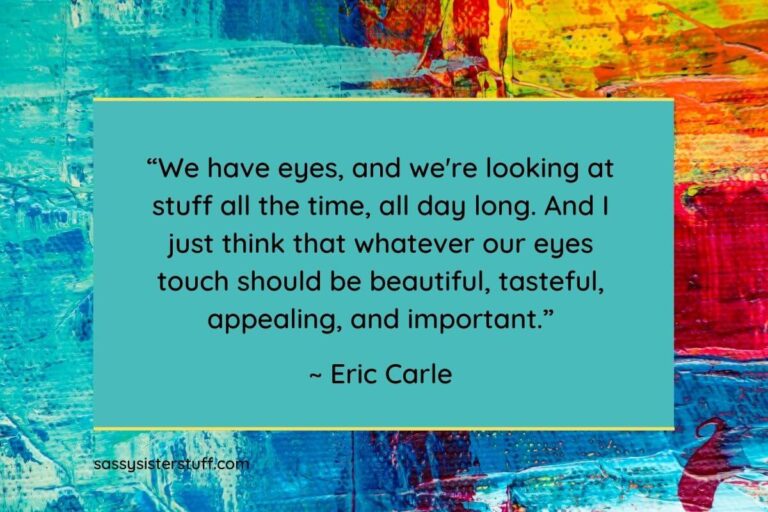12 Everyday Practices From the Past That Would Seem Bizarre Now
Daily life has shifted in ways that might surprise you. Habits once considered ordinary now seem unusual or even bizarre.
Exploring these old routines reveals just how different the past was from today.
Writing letters by hand daily

Imagine writing a letter every day with pen and paper. It was a regular part of life, unlike now when typing on screens is the norm.
You carefully chose your words, folded the paper neatly, and sealed the envelope. Each letter felt personal and special.
Your handwriting showed your personality. Receiving a handwritten letter was exciting and created a direct connection with someone far away.
Using rotary dial phones
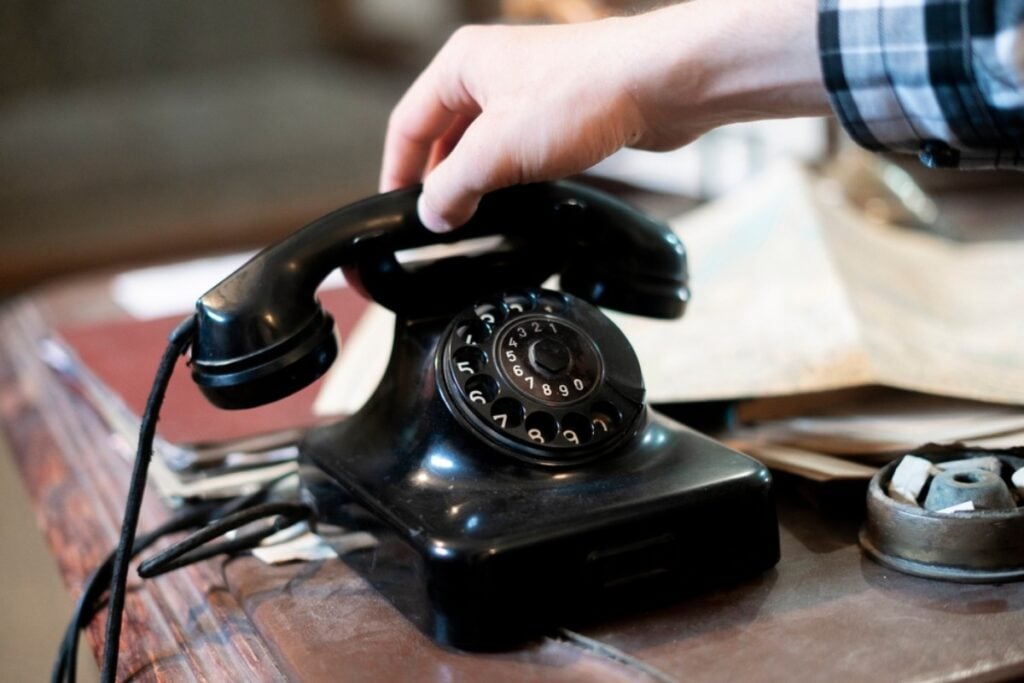
You used to place your finger in the right hole and spin the dial until it hit the metal stop. It took a few seconds to dial each number, which feels slow compared to tapping on a screen today.
Listening to the clicking sound as the dial returned was oddly satisfying. You had to be precise; a slip meant starting over.
There were no touchscreens or speed dials. Calling someone required actual patience.
Sending telegrams for urgent news
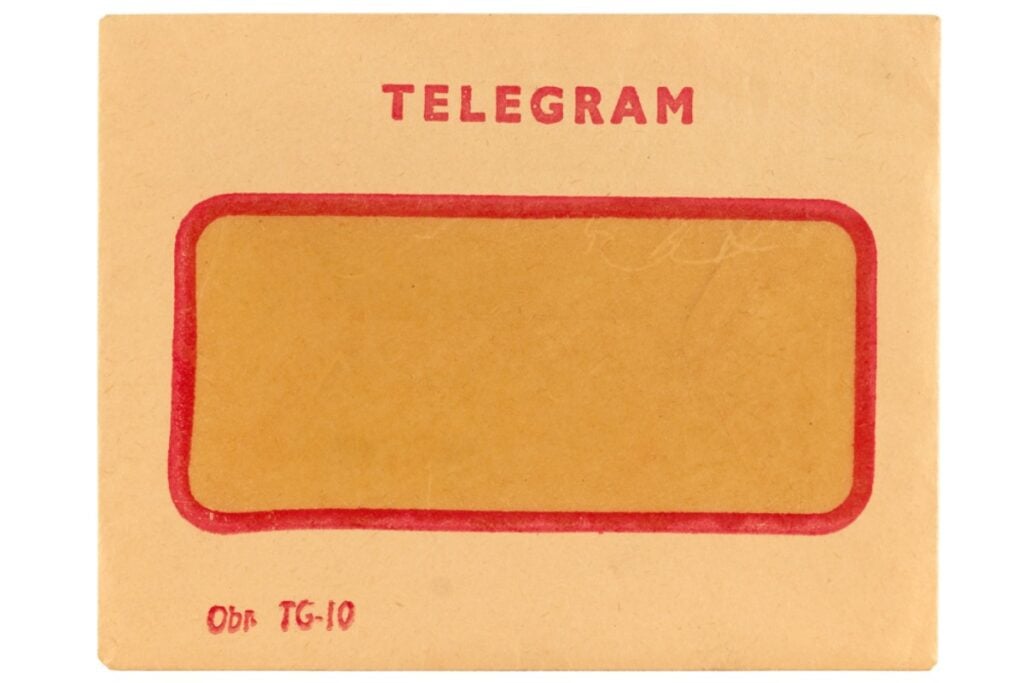
You relied on telegrams to send urgent news quickly. Unlike today’s instant texts, you had to visit a telegram office in person.
Your message was hammered out in Morse code or typed by an operator. The thrill came with the urgency.
Sending a telegram meant your news was important enough to pay extra for speed. You eagerly awaited a brief message delivered by a courier or posted on your door.
Visiting public bathhouses weekly

Stepping into a bustling public bathhouse every week was common. You’d soak in large communal pools and enjoy steam rooms surrounded by friends and neighbors.
It was a regular social event, not just about getting clean. You’d chat, relax, and unwind with others in a way that feels quite unusual now.
Visiting bathhouses was also about wellness. Hot water and steam were believed to improve health.
Churning butter at home
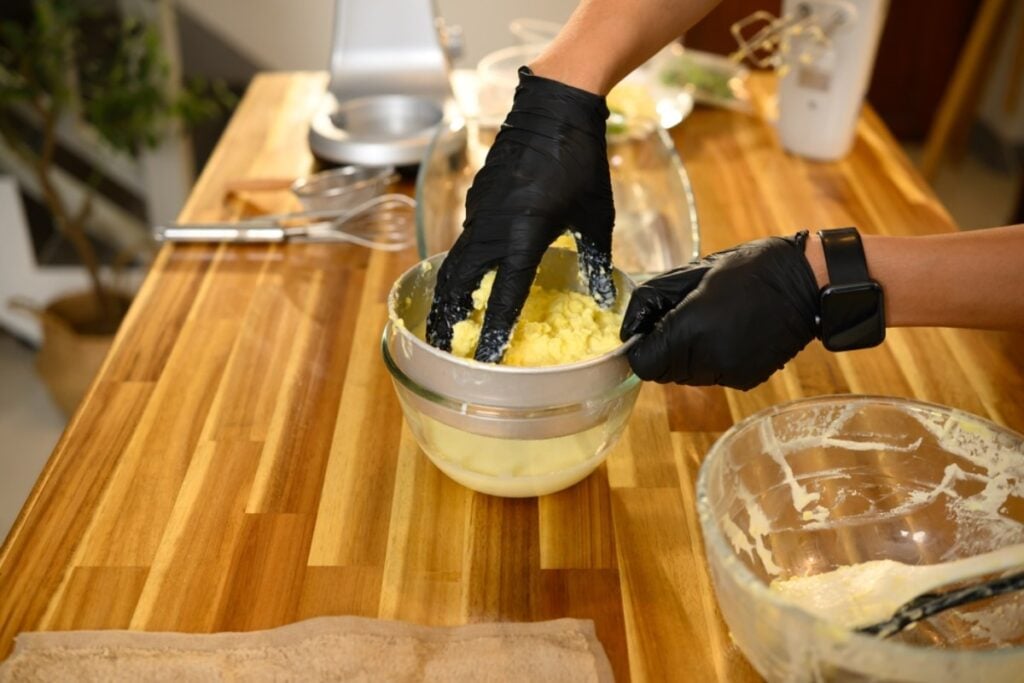
Imagine spending your afternoon shaking a wooden churn, turning fresh cream into buttery gold. You’d work your arms and wait as the cream thickened.
You’d have fresh butter right from your own kitchen. It’s a hands-on experience that connects you to food in a real way.
Today, most people don’t even think about the time and effort that used to go into making something as simple as butter.
Hanging clothes on outdoor lines

Clotheslines filled with shirts, sheets, and socks dancing in the breeze were a common sight. It was a daily routine and a simple way to dry laundry without electricity.
Hanging clothes outside saved energy and gave everything a fresh, natural scent. The sun warmed your skin while you worked, making laundry less of a chore.
Today, many people rely on electric dryers. Seeing clotheslines is rare.
Listening to vinyl records
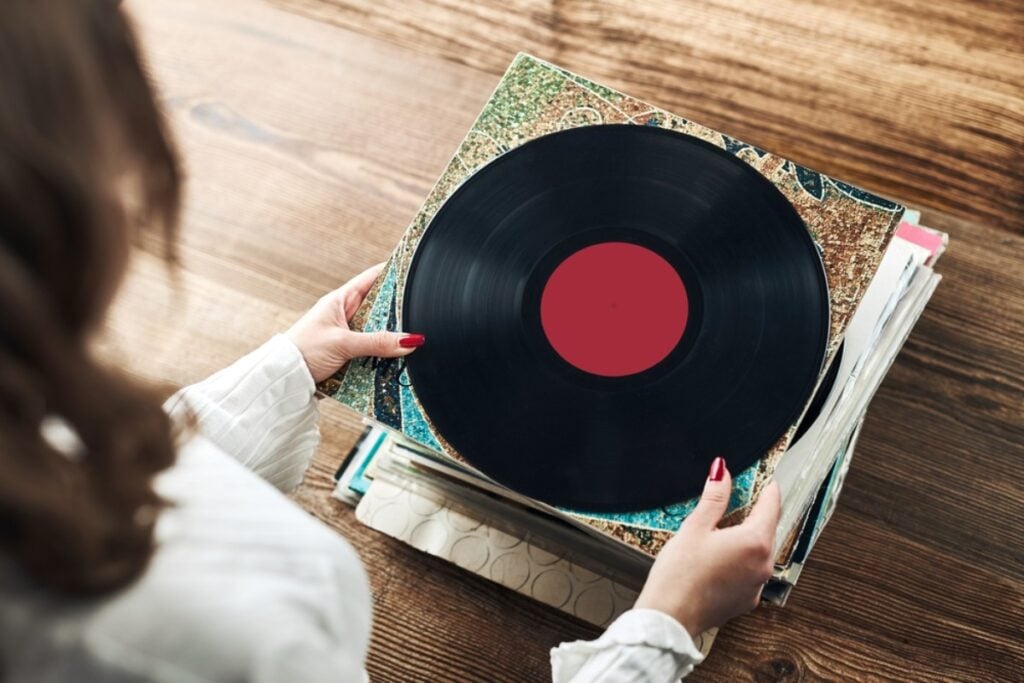
You carefully placed a vinyl record on a turntable, then gently lowered the needle to start the music. The process demanded patience and a steady hand.
You would flip the record halfway through the album to hear the other side. This physical interaction made listening more intentional.
The pops and crackles from the vinyl added a unique texture to your music. Each listening session felt special and tactile.
Using film cameras for photos

You relied on film cameras to capture moments. Every picture was more deliberate because you had a limited number of shots.
You had to wait to get the film developed before seeing your photos. The anticipation of waiting for prints made it exciting.
You carried rolls of film and sometimes crossed your fingers hoping the pictures turned out well.
Reading physical newspapers every morning
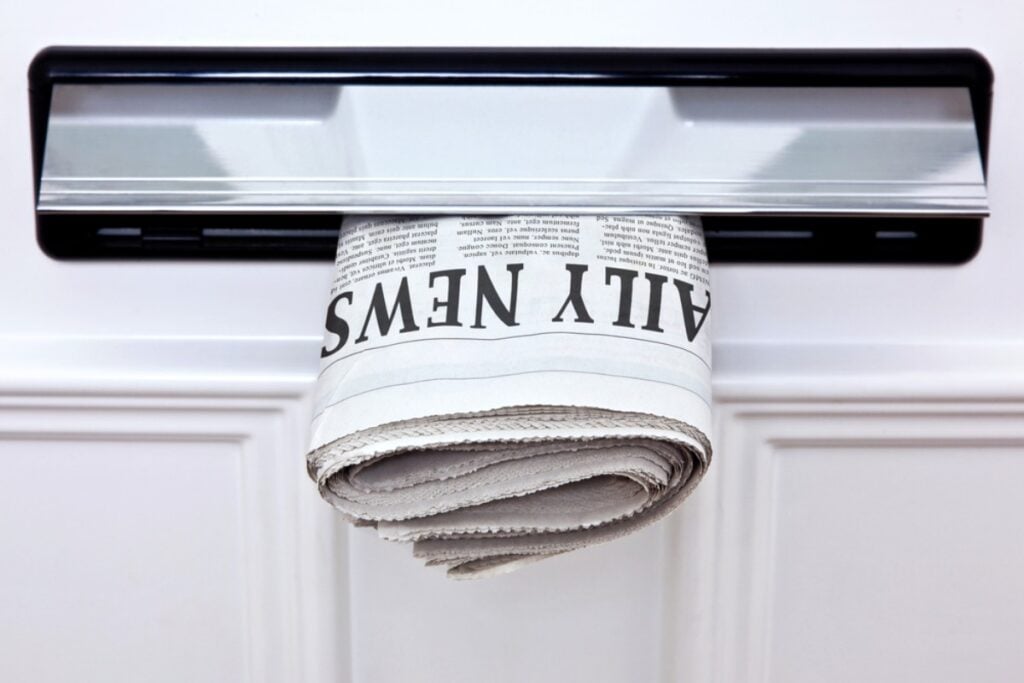
You started your day with the satisfying rustle of a physical newspaper. Flipping through crisp pages, you’d scan headlines and catch up on local news.
The smell of fresh ink and paper created a unique sensory experience. It was more than just reading; it felt like a daily ritual.
Now, with screens everywhere, it’s easy to forget what it was like to hold all the news in your hands.
Playing outdoor street games after school
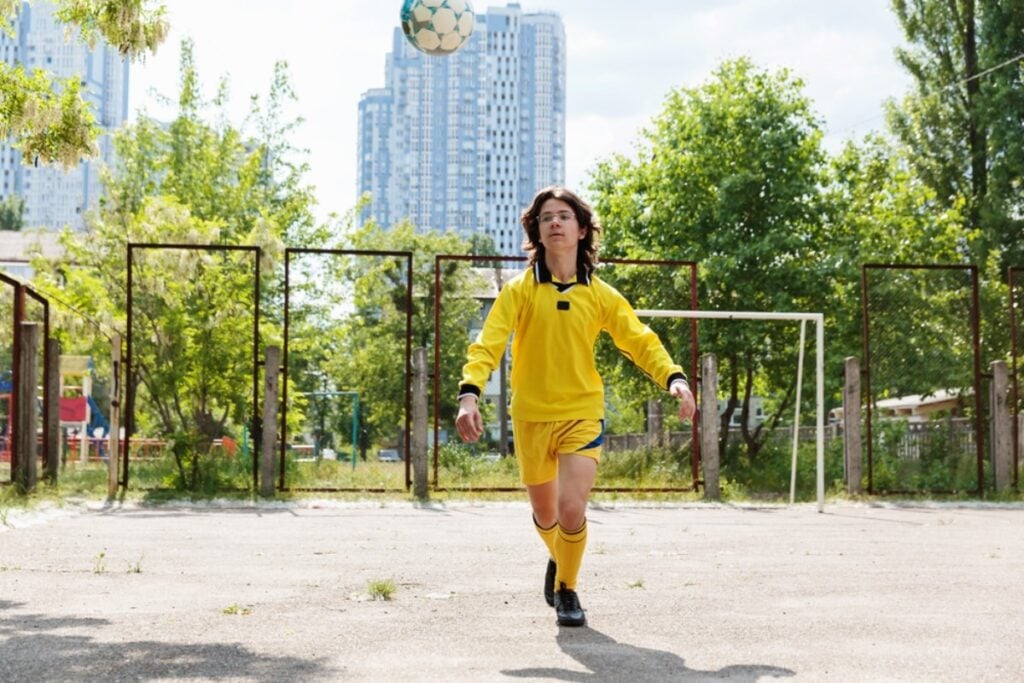
You ran outside the moment the school bell rang, eager to join friends in street games. Tag, hopscotch, and kickball filled your afternoons with energy and laughter.
You didn’t need fancy equipment or organized teams. Just a few friends, some chalk, and open space turned your neighborhood into a playground.
Now, you rarely see kids playing outside like that. Those spontaneous, noisy moments were once the highlight of your day.
Calling collect on long-distance calls
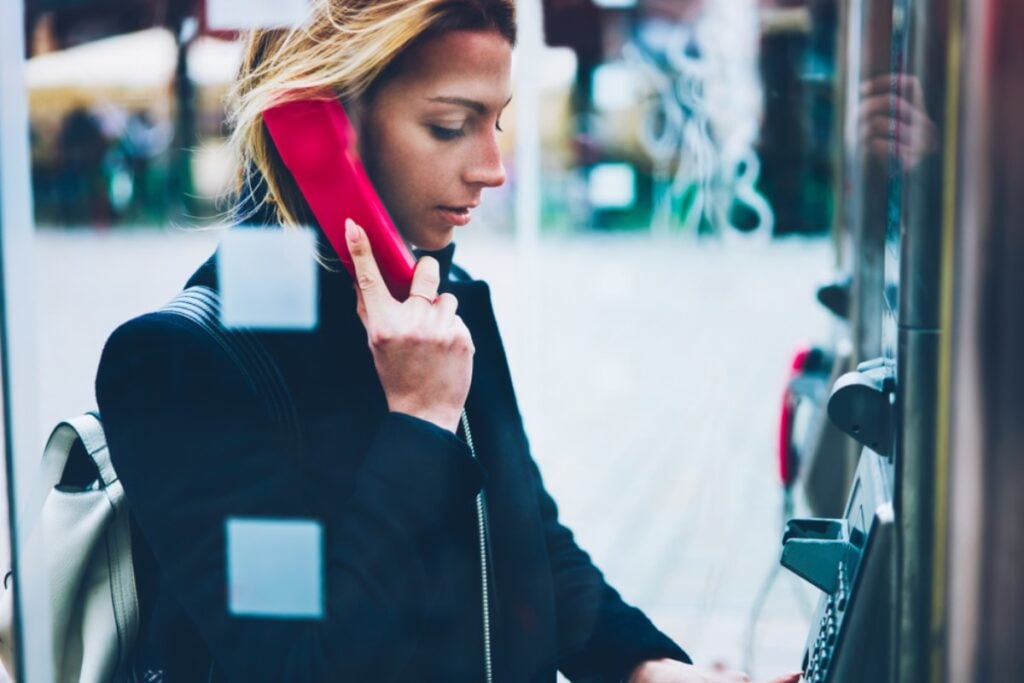
When you wanted to speak to someone far away but didn’t want to pay for the call, calling collect was the answer. You’d dial the number and ask the operator to connect the call, but the person on the other end had to accept the charges.
It was a bit like passing the bill to the person you wanted to talk to. Sometimes they’d reject the call, and you’d be left hoping for another chance.
Today, the idea of making someone pay before picking up seems unusual. But back then, it was a common way to stay connected without the worry of expensive phone bills.
Using typewriters for documents

Sitting down to write an important letter on a typewriter meant every keystroke was permanent. You couldn’t just backspace and fix mistakes easily.
You had to be careful and deliberate in every word you typed. Managing ribbons and paper rolls added a hands-on element to your work.
The clacking sound of the keys filled the room. Writing became a tactile experience.







